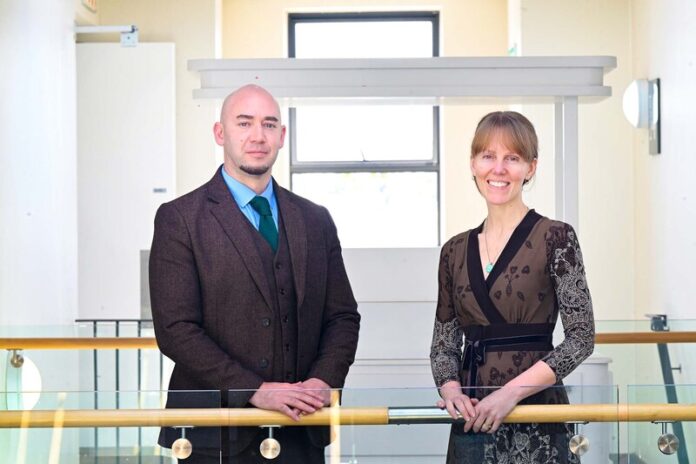
The University of Cape Town (UCT) has taken a bold step in redefining higher education by placing human flourishing at the centre of its institutional mission. This commitment was highlighted at the inaugural Wellbeing and Flourishing Conference, hosted at the Graduate School of Business, which also marked the launch of the Centre for Wellbeing and Flourishing.
Themed around embedding wellbeing into university life, the event gathered scholars, practitioners, staff, and students from South Africa and abroad. It reinforced UCT’s view that academic excellence and transformation are inseparable from community wellbeing.
A Transformative Vision
Professor Elelwani Ramugondo, Deputy Vice-Chancellor for Transformation, described the initiative as the start of something “deeply transformative.” She emphasised that flourishing goes beyond wellness, encompassing dignity, belonging, meaning, and accomplishment – all of which are undermined by inequality.
“For many young people, dignity is not affirmed in their communities. As a university, we cannot ignore those realities,” she said. Flourishing, she added, is about resilience and courage: “Student success is inseparable from staff flourishing. When staff feel they belong and are supported, UCT succeeds.”
Building a Community of Practice
The centre and conference grew from the Residence Academic Development Committee, which has long promoted living-and-learning programmes for UCT’s 7,000-strong residence community. According to Sean Abrahams, specialist for learning and innovation in the Department of Student Affairs and founding lead for the centre, the initiative began with a strategic challenge from Professor Ramugondo: connect scattered wellbeing projects into a coherent system.
“There were already research efforts on sleep, resilience, and disability inclusion, but they happened in silos. The question was: how do we align them with Vision 2030’s goal of unleashing human potential? The answer was a dedicated centre and a conference to bring everyone together,” he explained.
Abrahams, whose PhD focuses on “grit” in higher education, noted the conference exceeded expectations, drawing more than 20 presentations on topics from wellbeing and sleep to flourishing in disability support. Participants ranged from first-year students to global academics.
Radical Listening and Future Plans
For many, the most powerful outcome was “radical listening.” Abrahams observed: “We listened deeply to each other’s perspectives on wellbeing, but one day was not enough. People wanted more engagement. Clearly, this will need to grow into an annual conference with workshops and parallel sessions.”
He stressed that flourishing is not a luxury or an add-on but central to what it means to be a university in Africa.
Continental Impact
The ripple effects are already visible. Other South African universities have shown interest in adopting the model, and UCT has been invited to co-host the African Positive Psychology Conference, bringing African perspectives into global wellbeing scholarship.
Future plans include creating a network or fellowship through the new centre, enabling cross-disciplinary collaboration. For Abrahams, the ultimate goal is collective flourishing: “Trauma, healing, redress, and transformation are fundamental. This is not just about students but the entire community. We must move towards flourishing together.”

